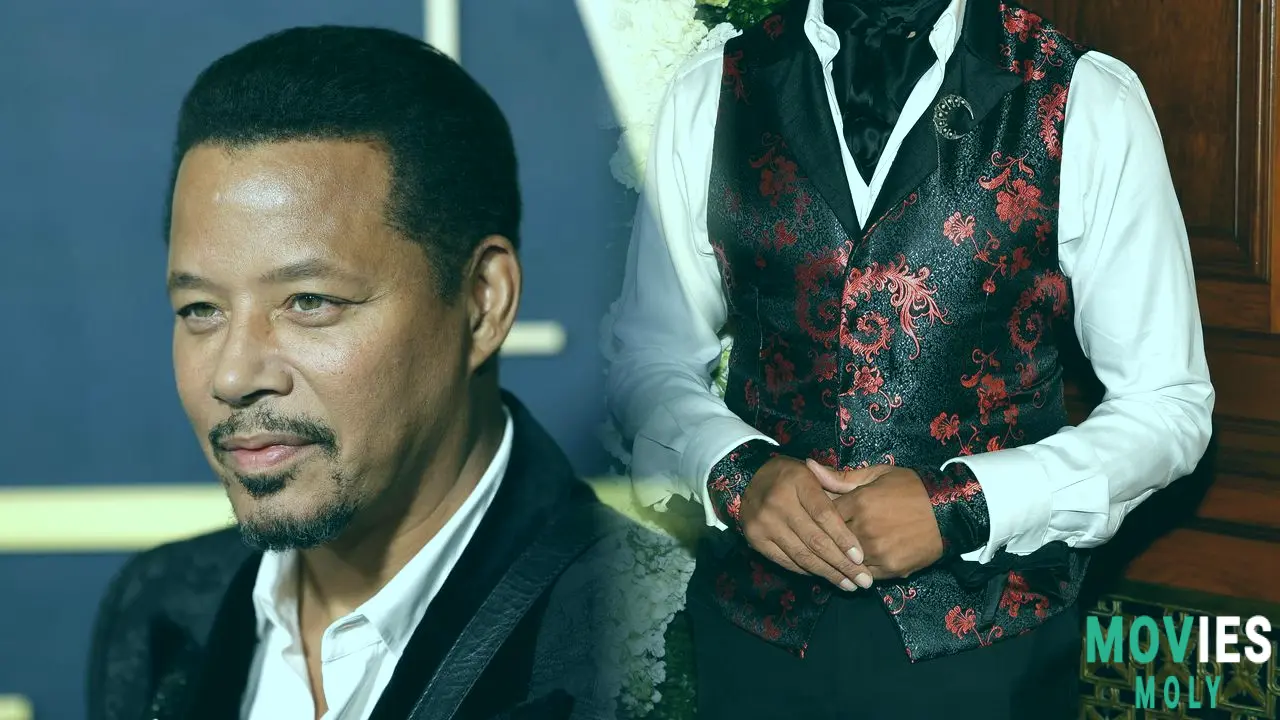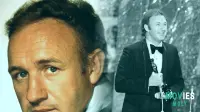Terrence Howard, a performer whose career has often walked the tightrope between explosive charisma and quiet introspection, recently pulled back the curtain on one of his most defining professional decisions. In a candid conversation on Bill Maher’s Club Random podcast, Howard revealed that he nearly headlined a Marvin Gaye Biopic — a role he was deeply invested in — but ultimately stepped away due to one non-negotiable element: he refused to kiss a man on screen.
The biggest career regret tied to a legendary Motown icon The story is loaded with irony and emotional weight. Howard described the “biggest mistake” of his career as turning down a Smokey Robinson biopic, despite the fact that the singer himself had personally invited him to portray the Motown legend. Howard’s initial hesitation? He was already in talks with Lee Daniels about playing Marvin Gaye in a separate project. As Maher pointed out, Gaye’s life is “much more interesting,” and Howard “would’ve been perfect” for the role.Yet, in a twist worthy of a Nolan film, Howard ended up playing neither icon. The reason? A revelation he says changed everything. While visiting Quincy Jones — another godfather of the Motown sound — Howard inquired about rumors regarding Gaye’s sexuality. Jones’ blunt confirmation set the actor on a path away from the role. “They would’ve wanted to do that,” Howard said, referring to the portrayal of a possible gay relationship, “and I wouldn’t have been able to do that.”
Not just a line in the sand — a matter of authenticity for Howard
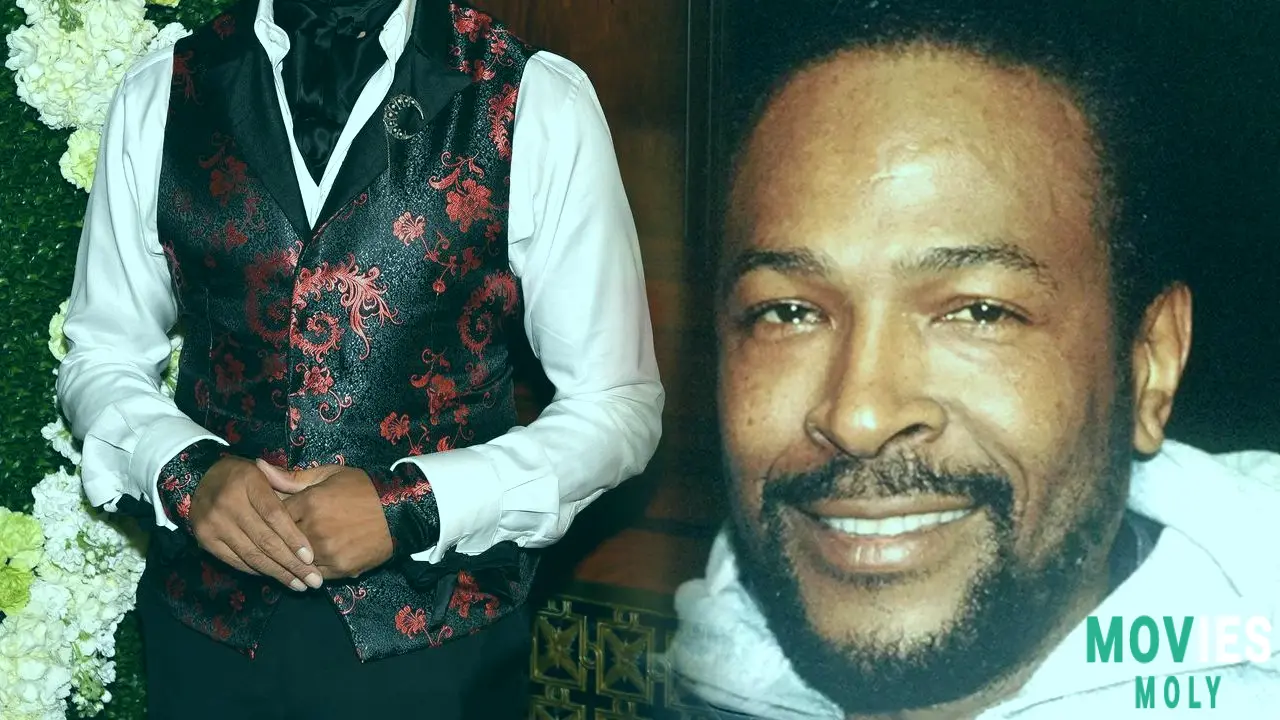
It’s a statement that has sparked criticism and conversation alike, but at its core, Howard frames it not as a fear or a prejudice, but as an artistic limitation. “I can’t play that character 100 percent,” he explained. “I can’t surrender myself to a place that I don’t understand.” For Howard, the line isn’t about homophobia — as he insists — but about fully inhabiting a role without compromise.
Howard’s complex relationship with roles and societal perception
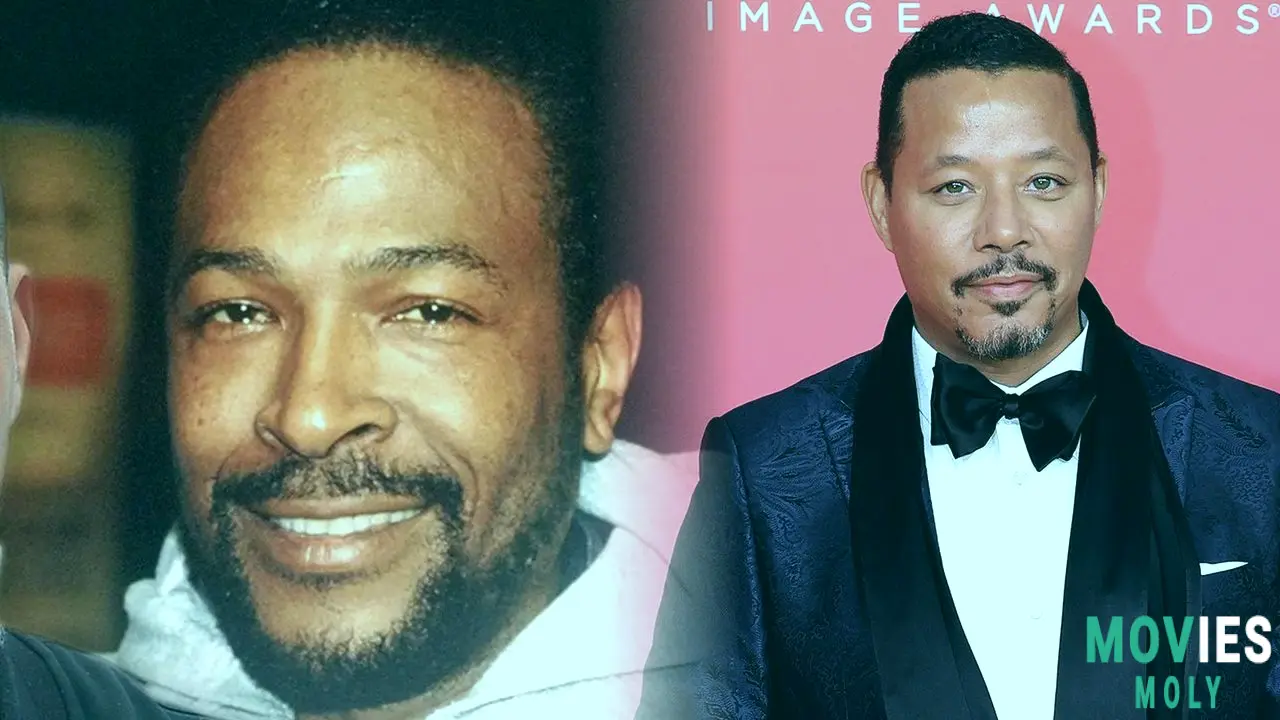
But regardless of the backlash, Howard’s recent revelations force a deeper look at an actor who has consistently navigated Hollywood on his own terms — whether that’s through his magnetic performance as Lucious Lyon in Empire or his early work in films like Iron Man. He's a man clearly aware of his limits, and unafraid to stake them out, even when it costs him career-defining parts.
The untold layers behind Marvin Gaye’s portrayal and Hollywood’s assumptions
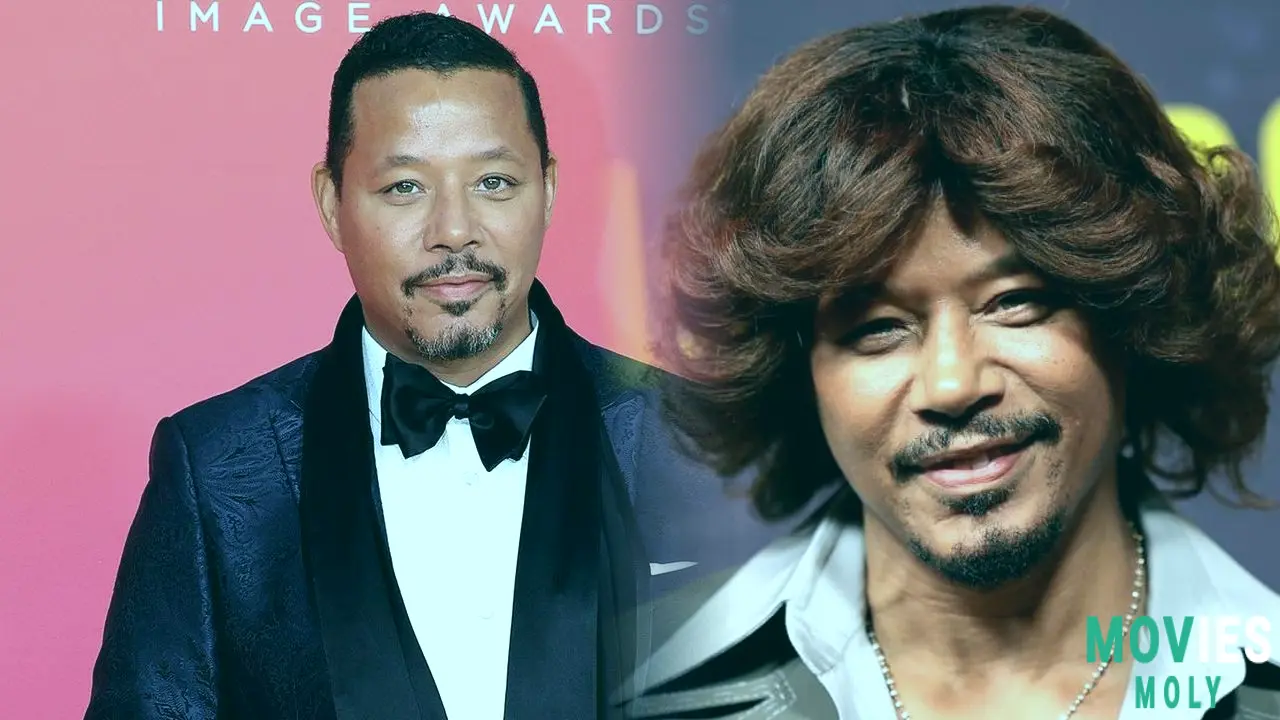
These revelations challenge not only Howard’s perceptions but also Hollywood’s narratives about how to depict legendary figures. Is it ethical to base a character’s sexuality on rumor? How much creative license should be taken when biopics are already balancing myth and truth? Howard’s refusal to engage with what he called a space he “doesn’t understand” may reflect a larger discomfort with how queer moments are sometimes used as character shorthand rather than fully explored aspects of identity.
Terrence Howard remains a figure defined by choice, not compromise
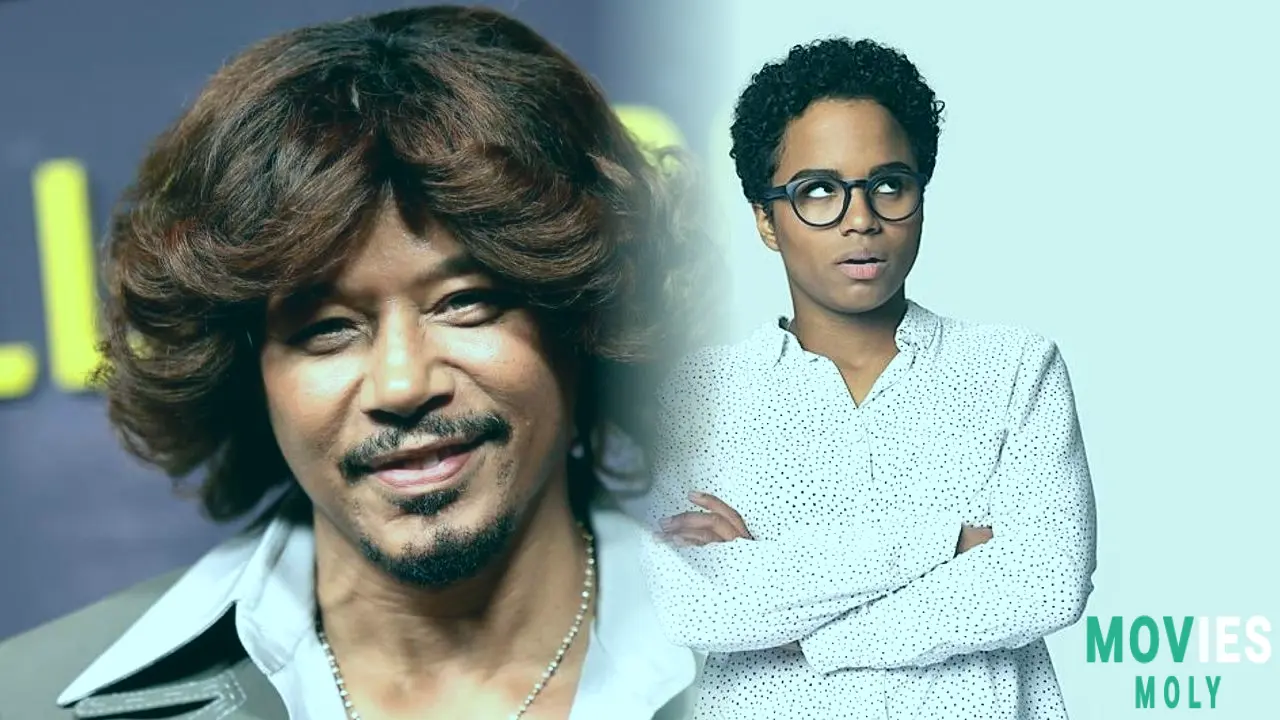
Howard's career may be peppered with what-ifs, but it's also marked by roles where he clearly gave himself over to the character. And that, in itself, is a form of heroism. Not every battle is fought on screen. Sometimes, standing firm off-screen is where the real courage lies.

